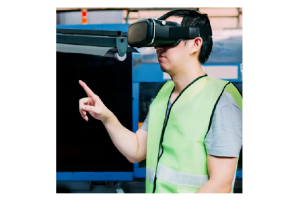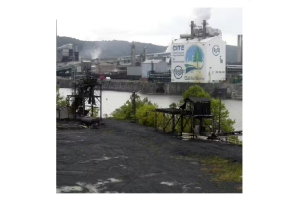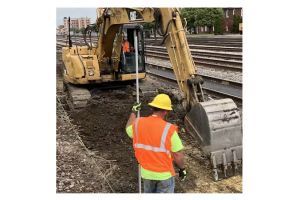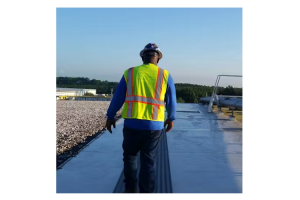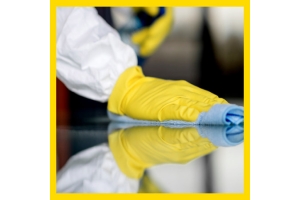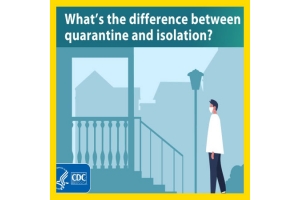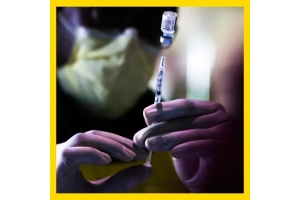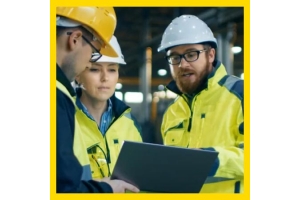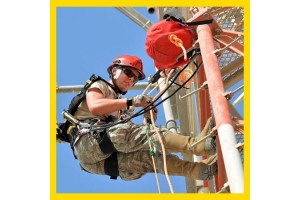Currency
May 25, 2019
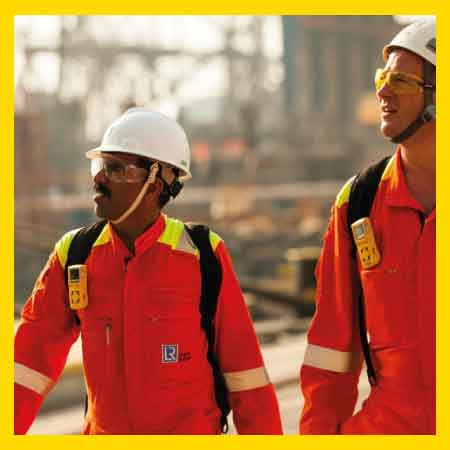
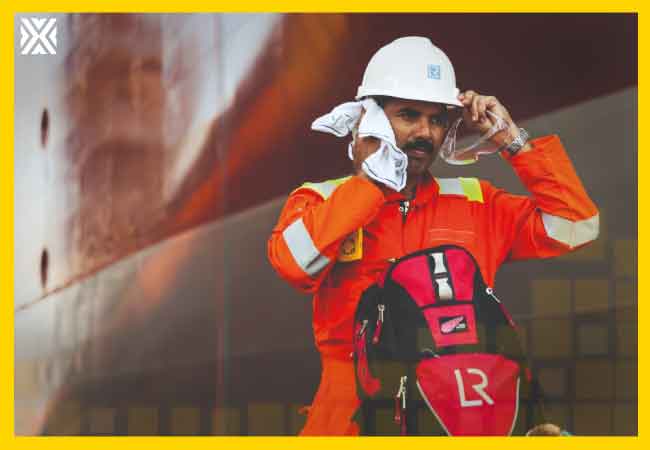
With the increase in large construction projects – the majority of the companies surveyed are involved in projects with a value between US$27.22mn and US$136.12mn – comes an increased focus on health and safety management programmes. Adoption of updated international Occupational Health and Safety (OH&S) standards means many multinational corporations and government bodies are now leading the way in best practice by implementing robust risk-based programmes which seek to protect both the employee and the employer from harm.
The PPE market
One very visible development in the attitudes towards more robust occupational health and safety management during the last decade alone is with regards to personal protective equipment (PPE). A report from Grand View Research, Inc Conventions revealed that the Asia Pacific and Middle East personal protective clothing (PPE) market is expected to reach USD 17.55 billion by 2022, driven by the growing awareness of the need for PPE; more stringent regulations placed on employers particularly in high risk industries such as the construction market and Sheikh Mohammed’s Dubai Industrial Strategy 2030 launched to increase the total output and value-addition of the manufacturing sector.
Muralikannan Navaneethakrishnan, a senior assessor for health and safety specialist Lloyd’s Register (LR) in the United Arab Emirates comments: “When I first started working in the UAE around 12 years ago, awareness of adequate personal protective equipment was low, but over the last decade, we’ve seen huge improvements.
“Ten years ago, you would regularly see workers at height without safety harnesses or appropriate scaffolding, but there were also many other problems which weren’t quite so obvious. These included employees using standard dust masks when working in a chemical industrial plant rather than the appropriate chemical mask, or wearing the wrong ear protectors when working in areas of extreme noise. I used to often see workers in their usual office shoes on a high-risk construction site, rather than wearing specialist safety shoes. This has all changed significantly over the last decade, driven by both the local governments and large multinational companies which are making real progress in raising awareness of the risks, particularly in the construction industry and oil and gas sector.”
While local governments are helping to drive change, regulations in the UAE differ from Emirate to Emirate and can therefore be confusing, particularly for companies building across several locations. For example, the Ministry of Labour, Dubai Municipality, Abu Dhabi Municipality, Zones Corp and the Abu Dhabi Occupational Safety and Health Centre each produce their own health and safety legislation and guidance, as well as documentation.
“Recent developments in occupational health and safety legislation and regulations have helped drive positive changes in behaviour, although the changes differ across areas,” continued Muralikannan. “However, many government organisations and multinational companies operating out of the UAE are driving their own progress through certification to the latest international OHS standard, ISO 45001. Being certified to this standard means those organisations have successfully turned any uncontrolled hazards into controlled risks, safeguarding the wellbeing of both employees and business at the same time. In fact, the Middle East region is second only to the UK in the number of LR customers which have either adopted ISO 45001 already or have applied to migrate across from the previous standard, OHSAS 18001.”
Working in extreme heat brings extreme challenges in the management of PPE and health and safety programmes, particularly in high-risk industries such as construction, in which large infrastructure projects continue to be implemented across the UAE. More complex projects involve bigger risks and an understanding of adequate OHS requirements is critical in accident prevention.
Muralikannan says: “The majority of the UAE workforce is made up of expats – many of whom have emigrated from Asia or the Asian subcontinent. Some have little to no prior knowledge of working on large scale construction projects before they arrive and if adequate training is not given then they may not understand the importance of wearing appropriate PPE. I’ve seen many labourers use the heat as a reason to not wear the right protective clothing. While local laws dictate that no-one can work during the hottest midday hours during the summer, the reality is that many are under pressure to keep working, both to ensure projects are delivered on time, and for those workers to continue to earn money to send back home to their families. During Ramadan, the months of fasting are particularly challenging, especially when temperatures soar to above 50°C and the right approach to PPE is critical to protect employees’ safety and prevent accidents.”
Accidents can be anything from loss of life to falls from height to slips and trips. The International Labour Organization (ILO) calculates that over 2.78 million people die each year because of work related illnesses, which equates to over 7,500 people each day. A further 374 million non-fatal accidents and work related illnesses are reported annually, leading to human misery and a significant cost to the economy.
An article in the UK’s The Guardian in 2017 claimed that according to the campaign group Human Rights Watch “many thousands of migrant workers on construction sites in Qatar, including those building stadiums for the 2022 World Cup, are being subjected to potentially life-threatening heat and humidity,” with “millions of workers in jeopardy including those in the GCC countries – Bahrain, Oman, Kuwait, Saudi Arabia and the UAE – because statutory work breaks imposed during summer midday hours do not protect them sufficiently.”
Prior to this, Raed Al Marzouqi, head of Occupational Health and Safety at Dubai Municipality, told delegates at a Conference in Abu Dhabi, that 99 per cent of work-related accidents in the UAE are the fault of the employer. He also said companies operating in high risk environments that fail to provide basic requirements to protect their employees will be penalised: “If you bypass the system and rules, authorities will take disciplinary action; if you do not provide the right training, right tools and right protection for the workers you will be held responsible,” he said. “In a country like the UAE, we have a diversity of workers and when we take them in, we have an obligation towards them, like they do towards us.” The BOHS Worker Health Protection Conference was told of instances in which workers had suffocated due to a lack of protection from harmful materials, while others died in falls from buildings because they were not wearing harnesses. Basic training in the construction industry is also often not being delivered properly, it was claimed.
